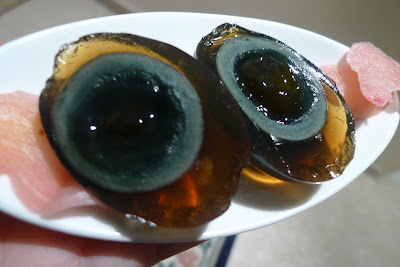I like Dave's idea, in that by putting the beer through a hot coil then a cold coil you kill off the yeast and then are able to bottle. Personally, in maintaining sweetness the three methods I have used are partial fermentation (which is basically the same as back sweetening in a way), natural sweetners and artificial sweetners. The partially fermented cider was not too bad at first ( some of the members of my brewclub thought it was too sweet), but over time as it was obviously fermenting in the keg it had some weird off flavours. I figured it was the same as backsweetening in the sense that if there were extra fermentables that it would reach the same end point as if it had less fermentables and then I added more into the keg, but still the flavour was a bit off and overall the cider was still fermenting in the keg, so overtime it turned into super dry, almost winey cider (extra fermentables did include white sugar).
The natural sweetened ciders have turned out probably the best, as the lactose isn't too sweet and adds a bit of body. One technique you may consider is using less fermentable ingredients in order to acheive a desired level of sweetness. I spoke to some cider makers at the beer and brewer show, and they told me that pear juice in a cider is a good idea as the pear juice not only adds a level of smoothness, but is also not entirely fermentable and therefore adds a level of sweetness and body.
Finally the artificial sweeteners are under testing. my most recent cider was done up with about 850ml of pear juice in 20l, with champagne yeast and 20ml of a liquid artificual sweetener from coles. It's sweetness is about right I reckon, but the body is lacking so it seems a little cloying. It's still young so I'm going to see how it goes with time.





